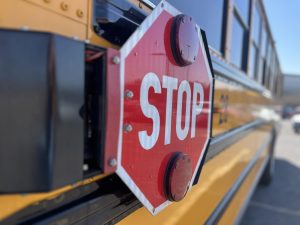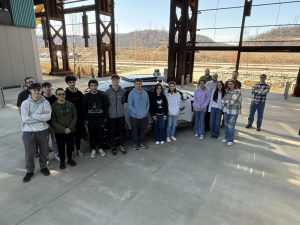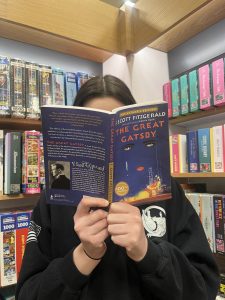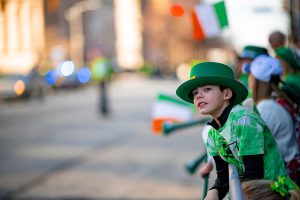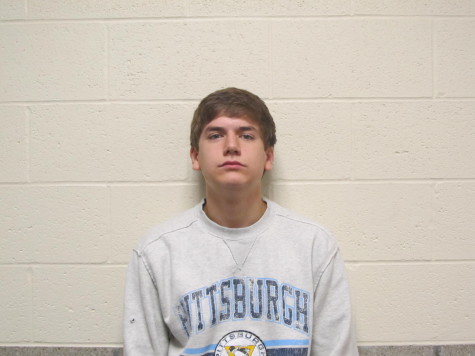Do you think that an appeal that involves church-state separation should have been rejected by the U.S. Supreme Court? On Monday, December 5th the Supreme Court rejected an appeal that involves religious groups using public schools’ facilities for any type of worship services outside of normal school hours.
The justices of the Supreme Court refused to review the final ruling by a U.S. appeals court that upheld a policy against religious worship at its schools, as it violates separation of church and state.
Well, I ventured around Bethel Park High School’s campus to see what my peers thought about the Supreme Court rejecting the worship at public school appeal. I asked three students the following question: “what do you think about the Supreme Court rejecting an appeal in regards to communities using school facilities to worship after school hours?”
Holly Tamburo, a sophomore at BPHS, responded, “I feel that church services should be allowed to be held in school facilities as long as it is not during the school day, because it is still abiding by the law of keeping church and state separated. I can definitely see the view of the Supreme Court though, since the schools are operated by the state. As long as the church service is not interrupting any school events during the weekends, I feel it is perfectly reasonable to hold church services inside the buildings.”
Rebecca Hayes, also a sophomore at BPHS, said, “I think that for the majority of people to be pleased, it was a good decision. Those who are very serious about their religion would not appreciate their children learning in an environment where other religions are practiced.”
Lastly, Marc Reed, another sophomore at BPHS declared, “I believe in the concept of separation of state and church; however, I think that school facilities should be able to be used for worship. Since we live in Bethel Park, it doesn’t make much of an impact considering we have several large churches in our area. But for other communities and states, large churches or religious buildings aren’t very common and the citizens may depend on larger school buildings for their religious gatherings. Instead of the Supreme Court making a general guideline for the entire country, maybe they should let states and communities decide whether or not they should permit religious gatherings in their facilities.”
Evidently, based on the interviews I had with Holly, Rebecca, and Marc, there are two different perspectives about this controversial topic. Holly and Marc feel that the Supreme Court should have considered the appeal and thinks that public schools can be accessed to churches for after school purposes. However, Rebecca feels that communities and parents probably wouldn’t be too happy if the schools’ facilities would be utilized for church and worship purposes. In conclusion, based on the three interviews, other students around the Bethel Park High School campus may have mixed opinions and different perspectives about this trending topic.



